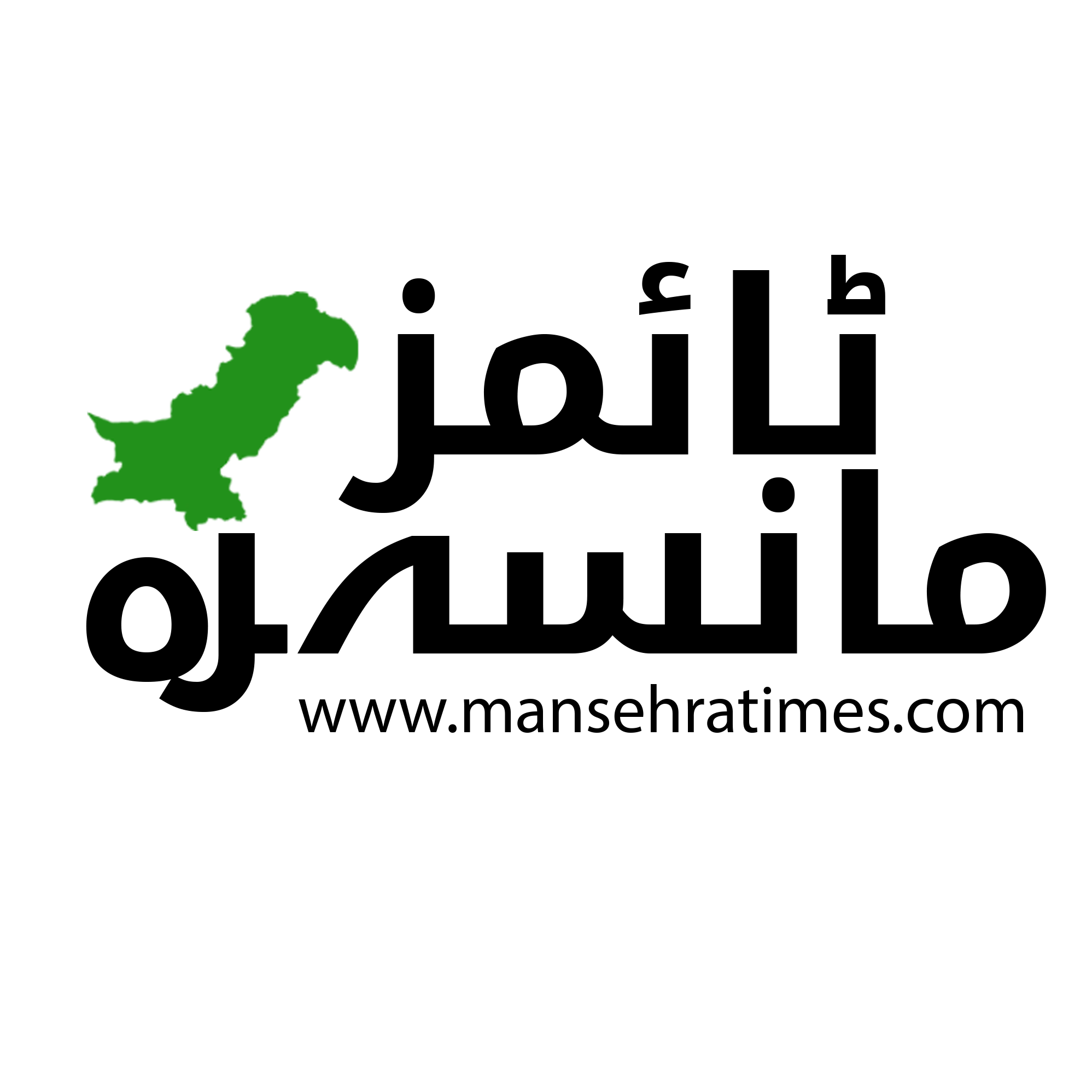The corporate has mentioned that Tesla homeowners will ultimately be capable to rework their very own vehicles into self-driving taxis that may accumulate fares whereas they’re not getting used. However the firm launched no timeline Sunday for that plan.
Tesla’s driver help know-how has been the topic of federal security probes, two remembers, and buyer complaints associated to studies that the autos immediately brake for no obvious motive and might collide with stationary objects—together with emergency autos. That tech, which incorporates the older Autopilot function and the newer Full Self-Driving (Supervised) function, is distinct from Tesla’s autonomous options. With the help options, the drivers are required to remain behind the wheel and preserve their eyes on the highway always. Autonomous options don’t require any driver motion or consideration.
Points with these older applied sciences elevate questions in regards to the security of Tesla’s new autonomous tech, says Sam Abuelsamid, an auto analyst who focuses on autonomous know-how at Telemetry Perception. Full Self-Driving (Supervised) “will work effective for maybe hours at a time after which randomly make very critical errors in methods that aren’t essentially repeatable,” he says.
In contrast to different autonomous know-how builders, which use quite a lot of pricier sensors to detect obstacles round their autos, Tesla relies upon solely on cameras. Some consultants have forged doubt on that selection, which might doubtlessly result in points with solar glare and has been blamed for earlier Tesla collisions with emergency autos. However monetary consultants say the strategy might give Tesla a bonus in getting its cheaper tech within the arms of shoppers extra rapidly.
Tesla didn’t reply to questions on robotaxi security. Musk mentioned earlier this month that the corporate is “being tremendous paranoid about security.”
Heavy Site visitors
Tesla enters a immediately busy American autonomous car area. Waymo first launched a driverless service in metro Phoenix, Arizona in 2020, and now operates in elements of the San Francisco Bay Space, Los Angeles, and Austin. It’s slated to quickly open service in Atlanta, Georgia, and Miami, Florida, the place prospects can order a Waymo utilizing the Uber app.
Amazon-owned Zoox says it should launch its personal autonomous service in Las Vegas later this yr. Might Mobility is aiming to supply rides round Atlanta by the Lyft app this yr. VW’s Moia subsidiary introduced this spring that it will launch a self-driving service in Los Angeles in 2026, additionally on the Uber app.
The experiences of these firms present that Tesla has a number of logistical hurdles to leap earlier than its robotaxi service expands broadly. There are the human roles: Distant help employees could be available to assist confused riders remotely; upkeep employees would possibly restore vehicles throughout their downtime; cleaners would possibly clear away trash, misplaced gadgets, or something worse left behind by riders.
There are infrastructure wants, too. VW’s Moia has operated an electrical ride-sharing service in Hamburg, Germany since 2019, utilizing that have to prep for eventual driverless vehicles. The agency has decided that it’ll want a well-developed and decentralized footprint throughout any metropolis it companies. Scattered depots will “host the autos and supply charging and upkeep infrastructure, and likewise the chance to do fixed security checks for the car,” says Sascha Meyer, the corporate’s CEO.
In different phrases: There’s an enormous distinction between a handful of self-driving vehicles and a self-driving service.

